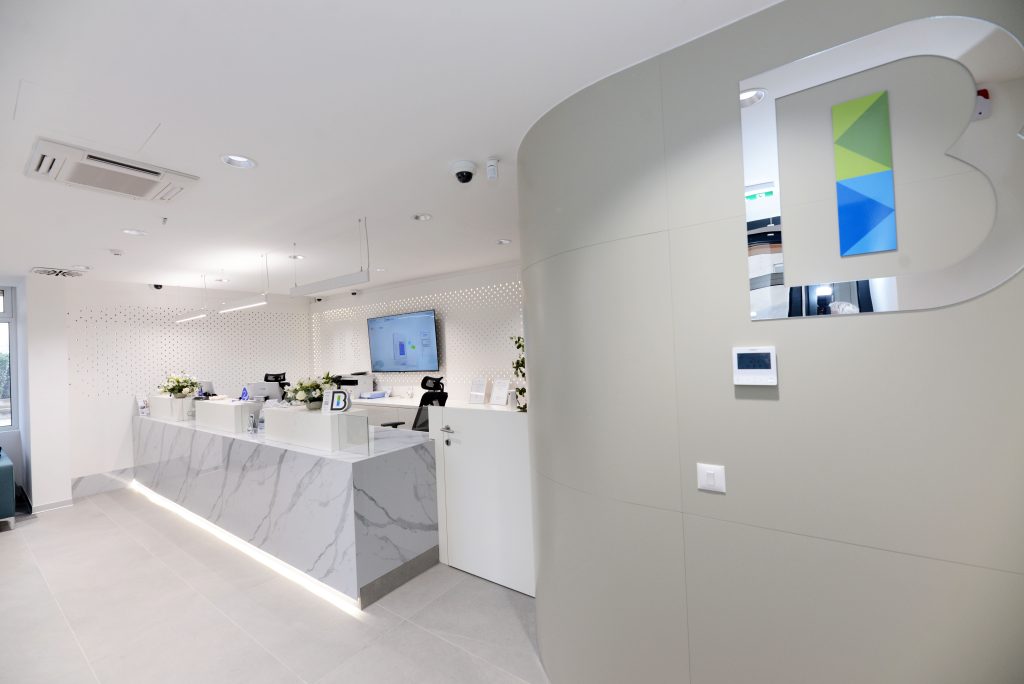Written by: Hasan Karisik
Islamic banking is dedicated banking. When we talk about financing, it means that there is no non-purpose financing in Islamic banking, since this is one of the main differences compared to the conventional banking system, in which each bank has its own line of credit by which it grants the client an interest-bearing loan, mostly without interest, in which will purposes client funds invest.
For a bank that operates in accordance with Islamic principles, it is of crucial importance for what purpose the client wants to spend the funds, and in what way the two parties can be partners. When they agree on a dedicated partnership, it in itself carries risk, not only credit risk related to the possibility or impossibility of repayment, but also the risk of the success of the business itself, of what is based on the partnership between the bank and the client. The Islamic bank is very interested in the purpose for which the funds are invested, whether the partnership is in accordance with the Islamic principles of business, and what are the possible risks in it and how to reduce or eliminate them. Conventional banks are mainly interested in credit risk, and they evaluate the client’s creditworthiness by reducing the repayment risk with various insurance instruments. The success or failure of using the funds of the approved loan is a matter of their interest if it affects the repayment of the loan. If the approval of the loan and the failure of the investment does not affect the client’s ability to repay the debt, the bank, in this respect, generally has no special interest.
What is risk?
Risk is an integral part of business, it cannot be excluded from business. In banking operations, risks represent fundamental banking challenges, and that is why the bank strives to monitor, measure and control risks.
It represents a phenomenon that indicates a clearly defined probability distribution of an event, it is possible to measure and control it. Therefore, risk is not the same as uncertainty that cannot be predicted, i.e. the phenomenon when the exact probability distribution of an event is not known, and it must be assumed or invented. Given that risks represent predictable categories – the unknown that can be measured, and uncertainty is unpredictable – the unknown that cannot be measured, risky business is allowed from the aspect of Islamic business, while high uncertainty or speculative business is not allowed for this very reason.
Risk taking and business risk sharing
The contractual relations between the bank and the client in the Islamic and conventional banking models are different. As we mentioned, conventional banks grant loans (money loans) to clients who are obliged to return the principal as well as pay a pre-agreed interest. This type of contract represents a classic debtor-creditor relationship that is the basis of their contract. The contract specifies the loan of a certain amount of money with the obligation to return it in an agreed period at a pre-defined interest rate, mostly without specifying the purpose of the investment. If the client buys a car using the loan funds, and it is destroyed or stolen by some chance, this will not affect the contractual relationship with the bank.
Islamic banks establish a partnership relationship with their clients, through which they jointly enter into the project, which is the basis of the contractual relationship. They also specify the amount and percentage of the bank’s profit, but the way in which the bank makes a profit, and the way in which the client fulfills the obligation is related to the object of their partnership (investment in the construction of a new production plant, purchase of new machines, housing construction, adaptation of real estate, purchase of a vehicle etc.). We will understand this best if we say that the bank acts as an investor, acts as an investor, and is certainly interested in the success of the business transaction, because its profit essentially depends on its success. This implies that the position of Islamic banks in relation to risk is more complex. Depending on the very purpose of financing, the very contractual relationship between the bank and the client, the bank is more or less exposed to it.
With murabaha (mark-up, buying at one price – selling at another price) financing by which the bank must acquire the right of ownership of the property it sells, i.e. the purchase of which it finances, if the bank comes into possession of low-quality and unusable goods or damaged equipment in everyday commercial transactions , then she is faced with the responsibility and the problem of covering the costs due to the damage that can realistically arise for her. Likewise, the issue of failure to implement joint projects based on the principles of partnership or participation in profit distribution, and unresolved ownership of used equipment or other property, may be the subject of a later dispute between former partners.
It is important to keep in mind the difference between risk taking and risk sharing. When a company decides to introduce a new product line, it bears the risk of success in business. When the bank decides to finance that project, it shares the risk with the company.





